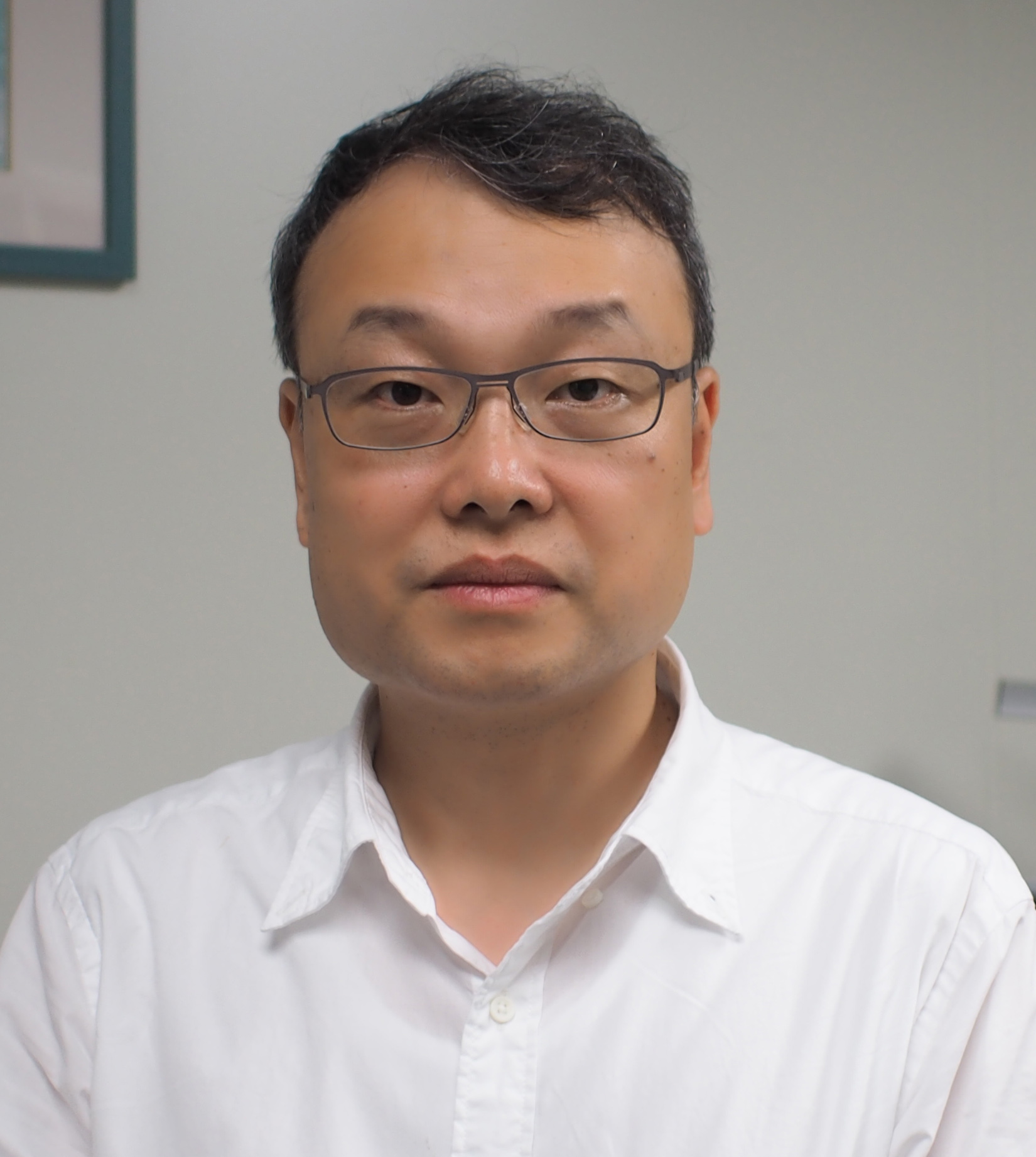Hung-Chih Kuo

Affiliations
Institute of Cellular and Organismic Biology, Academia Sinica
Biography
Dr. Kuo received a Ph.D. degree in Reproductive genetics at the King’s College London in 2001, followed by his post-doctoral research at the Oregon National Primate Research Center where he was appointed as an ONPRC staff scientist in 2003. He is currently an associate research fellow at the Stem Cell Program of Academia Sinica. Dr. Kuo’s main research interests focus on understanding the interplay between early patterning and genetic regulators in directing generation of pluripotent cells and embryonic germ layers. His laboratory is currently using human pluripotent stem cells, including human ES and iPS cells, as a developmental model or source of defined cell populations for basic or clinic purpose. Specifically, His research focus on 1. Functional roles of the non-colinear RNAs in pluripotency, reprogramming, and differentiation. 2. The molecular basis of human pluripotent stem cell cortical differentiation and patterning. 3. Human iPSC as therapeutic platforms for neurodegenerative diseases.
Abstract
Exploiting Pluripotency for a Greater Understanding of Human Development and Diseases
Hung-Chih Kuo
With their unique features, including self-renewal and pluripotency, ES cells are clearly extremely important as they provide not only opportunity to understand the mechanisms underlying cellular differentiation during early development but also hope for the treatment of a wide range of human conditions that can be attributed to the loss or malfunction of specific cell types. We study both the differentiation of human pluripotent stem cells into the neural lineages and the reprogramming of differentiated cell types into pluripotent stem cells or cell of therapeutic interests.
A number of devastating diseases, such as Hungtington disease (HD), spinocerebellar ataxia (SCA) and inherited sodium channelopathis erythromelalgia, affect specific neuronal phenotypes. Little is known concerning the molecular pathology underlying these conditions, partly because it has been impossible to access significant quantities of the disease-affected cells. With recent advances in induced pluripotent stem cell (iPSC) technology, we can now produce large scale of specific neuronal phenotypes with control and disease genotypes. We use this newly developed in vitro disease system for both mechanistic studies and for the discovery of novel medical intervention.

